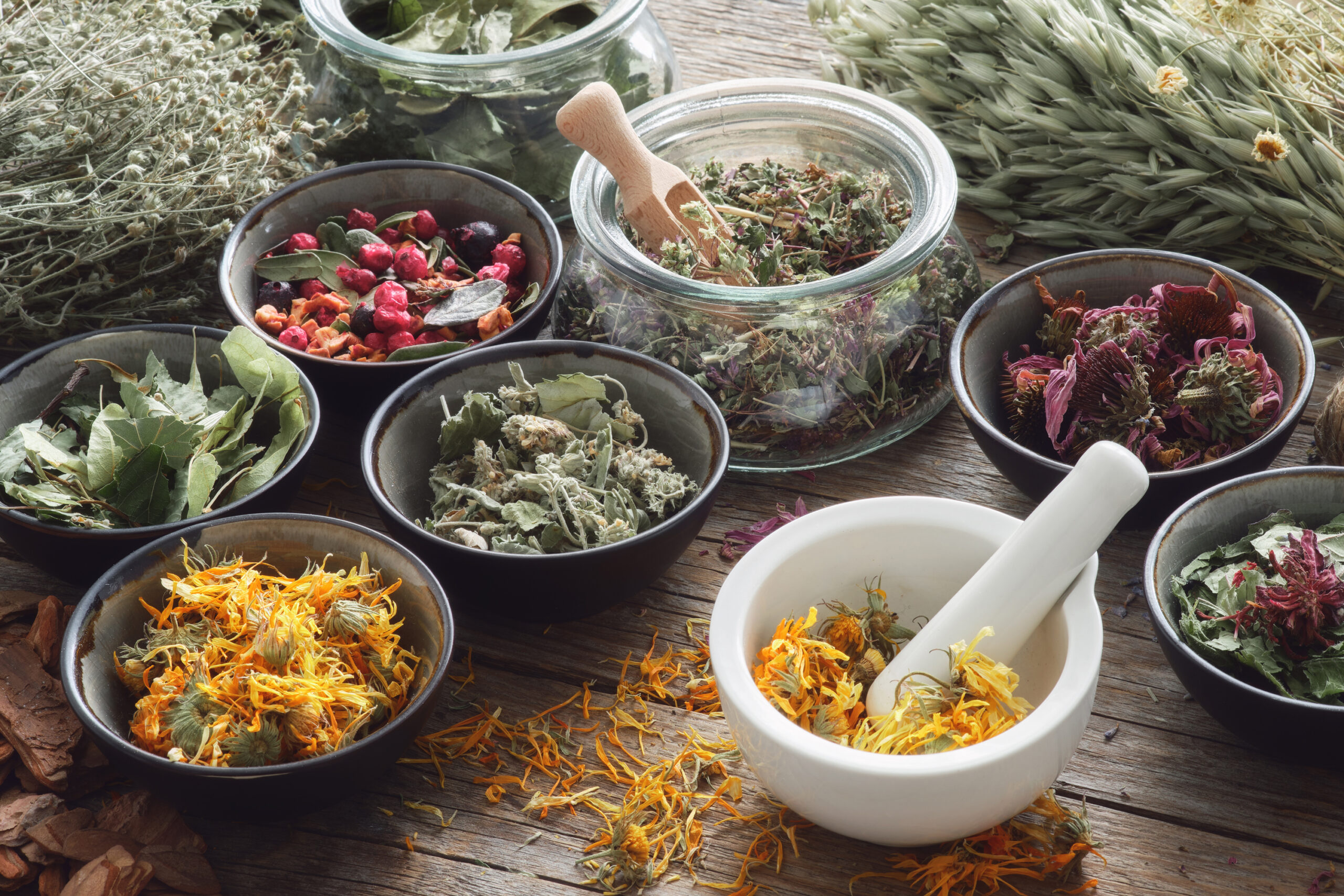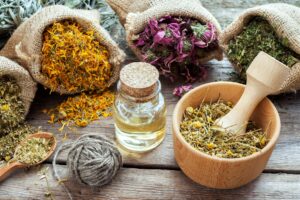In a world increasingly driven by pharmaceuticals and quick fixes, many are turning back to nature for healing. Herbs have been used for centuries across cultures to treat a wide variety of ailments. Whether you’re looking for a natural way to boost immunity or manage chronic conditions, herbal remedies can offer gentle, effective alternatives.
Understanding Herbal Medicine
Herbal medicine involves using plant parts—leaves, flowers, roots, or seeds—for medicinal purposes. Unlike synthetic drugs, herbal remedies typically work with your body’s natural healing processes. They’re often gentler and have fewer side effects, though they still need to be used correctly and with care.
Benefits of Using Herbs
One of the biggest advantages of herbal solutions is their versatility. Many herbs can treat multiple conditions, support long-term wellness, and help restore balance to the body. They can also complement modern medicine or serve as preventive care in daily life.
Common Herbs and Their Uses
Herbs such as ginger, garlic, chamomile, turmeric, peppermint, and echinacea are staples in many kitchens—and for good reason. Ginger can relieve nausea and inflammation, while garlic is known for heart health and immunity. Chamomile is calming and often used for sleep, and turmeric is a powerful anti-inflammatory. Peppermint aids digestion and headaches, and echinacea is great for colds and boosting the immune system.
Natural Remedies for Cold and Flu
During cold and flu season, natural remedies can provide real relief. Elderberry syrup, for example, is packed with antioxidants and antiviral properties. Thyme tea can soothe a cough, while steam inhalation with eucalyptus oil can help clear sinuses.
Herbal Support for Digestive Health
Herbs like fennel, peppermint, and ginger are excellent for digestive issues. These herbs can relieve gas, bloating, and nausea. Bitter herbs like dandelion or gentian stimulate digestion and bile production, helping your system work more efficiently.
Herbs That Reduce Stress and Anxiety
Natural adaptogens like ashwagandha, holy basil (tulsi), and lemon balm are known to help the body manage stress. Chamomile and lavender are also popular choices to calm the nervous system and promote relaxation, making them great for daily mental wellness routines.
Herbal Remedies for Skin Health
Calendula, tea tree oil, and aloe vera are some of the best herbs for skin care. Calendula reduces inflammation and heals wounds, tea tree oil is a powerful antimicrobial, and aloe vera soothes burns and moisturizes. These can be used in homemade salves, oils, or face masks.
Supporting Women’s Health with Herbs
Herbs like raspberry leaf, vitex (chasteberry), and evening primrose oil are often used to support women’s reproductive health. They can help regulate menstrual cycles, relieve PMS symptoms, and even ease menopause transitions.
How to Prepare Herbal Remedies
Herbs can be consumed as teas, tinctures, capsules, or even added to food. Teas are the most traditional and accessible form. Tinctures are concentrated extracts and often more potent. Infused oils and salves are excellent for external use. Always follow correct dosages and consult an herbalist or healthcare provider when trying a new remedy.
Precautions and When to Seek Medical Advice
While herbal remedies are generally safe, some can interact with medications or cause allergic reactions. Pregnant or breastfeeding women, people with chronic conditions, or those on medications should consult a healthcare provider before using herbs. It’s important to remember that natural doesn’t always mean risk-free.
Embracing Herbal Healing
Using herbs for health and healing is about reconnecting with nature and taking a more holistic approach to wellness. With the right knowledge and care, herbs can be powerful allies in your health journey, offering gentle and effective solutions for everyday issues.




